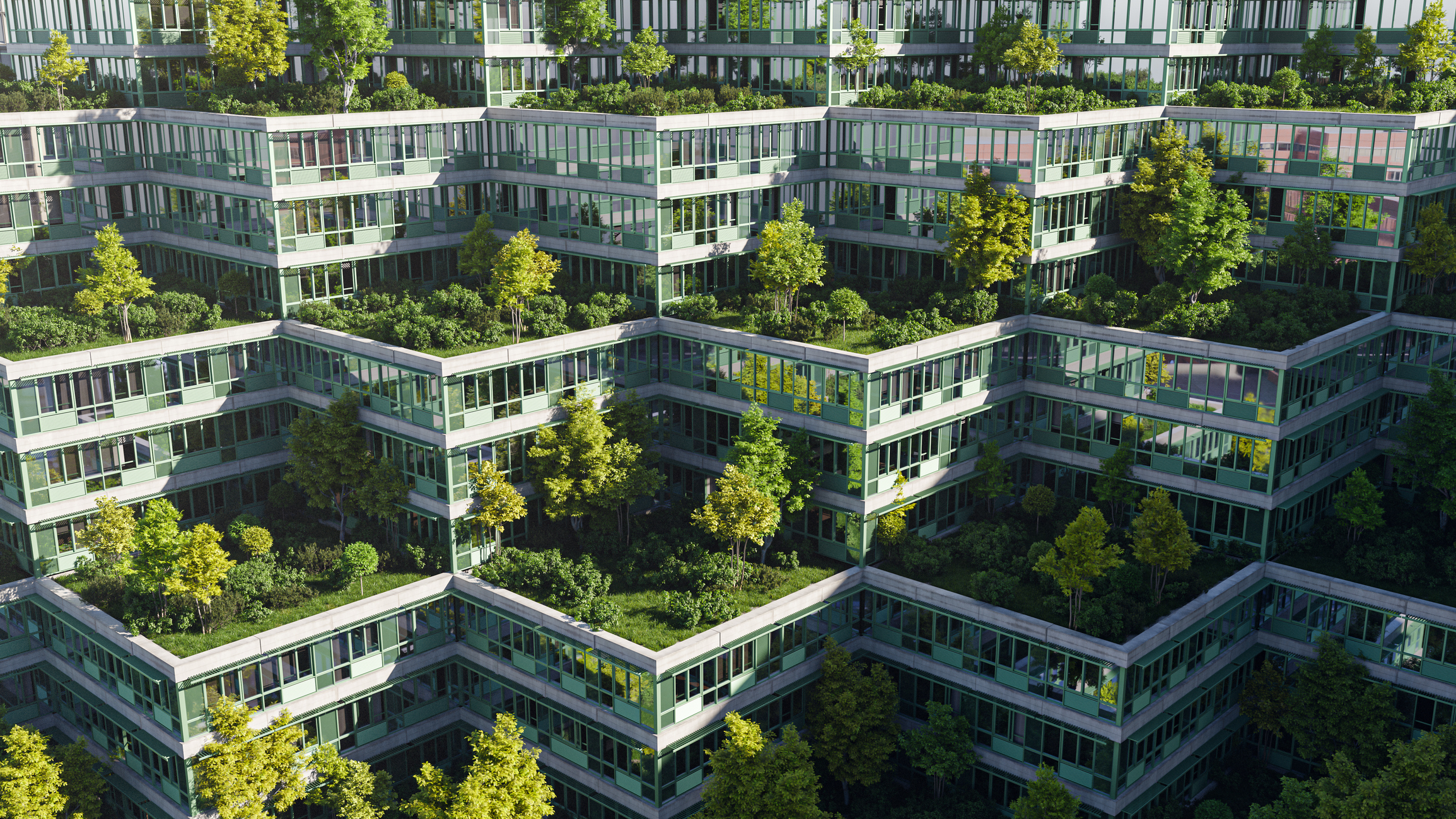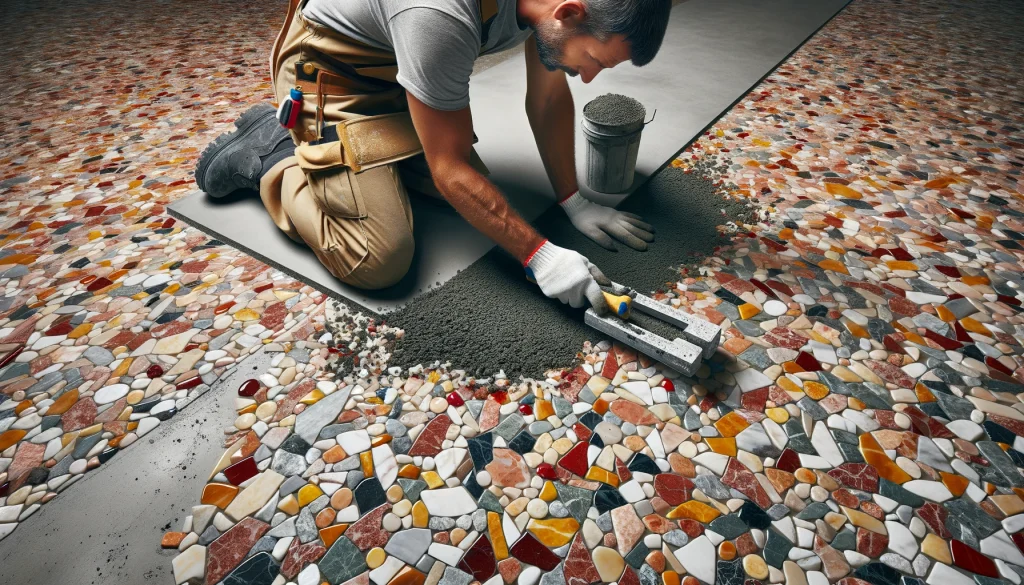Switzerland’s rigorous environmental standards, combined with growing consumer demand for sustainable housing, are reshaping the real estate landscape. From energy-efficient buildings to renewable energy sources and smart home systems, sustainability is more than just a trend—it’s a key driver of innovation in the housing market.
In this article, we will explore how green building practices are influencing the Swiss real estate market. We will examine the factors driving this trend, discuss relevant regulations, and analyze how sustainability is affecting property values. Whether you’re considering buying, building, or renovating a home, understanding these trends can help you make informed decisions that benefit both your finances and the environment.
The Growing Demand for Sustainable Homes
In Switzerland, the demand for sustainable homes is no longer a niche market; it has become a significant factor in the real estate sector. As awareness of environmental issues rises, more Swiss homebuyers are prioritizing sustainability in their purchasing decisions. This shift is driven by a combination of consumer preferences, economic considerations, and a broader cultural emphasis on environmental responsibility.
1. Consumer Awareness and Preferences
Swiss consumers are increasingly aware of the environmental impact of their homes. This awareness is reflected in a growing preference for properties that minimize energy consumption, reduce carbon footprints, and utilize sustainable materials. A study by the Swiss Federal Office of Energy (SFOE) found that energy efficiency is one of the top considerations for Swiss homebuyers, with many willing to pay a premium for homes that meet strict environmental standards.
For instance, homes with advanced insulation, energy-efficient windows, and renewable energy sources such as solar panels are becoming highly sought after. These features not only reduce a home’s environmental impact but also lower utility costs, making them attractive to cost-conscious buyers.
2. Examples of Sustainable Features
The most popular sustainable features in Swiss homes include energy-efficient heating systems, such as heat pumps, which are increasingly replacing traditional oil or gas heating. Solar panels are also in high demand, especially in regions with generous sunlight exposure. These panels can significantly reduce a household’s reliance on grid electricity, leading to lower energy bills and a smaller carbon footprint.
Additionally, the integration of smart home technologies that optimize energy use is on the rise. Systems that automatically adjust heating, lighting, and water usage based on occupancy and weather conditions are becoming standard in newly built homes. These technologies not only enhance comfort but also contribute to significant energy savings over time.
Regulatory Landscape in Switzerland
Switzerland is known for its strong commitment to environmental protection, and this is reflected in its stringent regulations and standards for sustainable building. These regulations not only encourage green building practices but also make them a necessity for anyone involved in real estate development and homeownership.
1. National and Cantonal Regulations
At the national level, Switzerland has implemented various laws and standards to promote energy efficiency and sustainability in buildings. One of the most significant is the Energy Strategy 2050, which aims to reduce energy consumption and increase the use of renewable energy sources across the country. As part of this strategy, new buildings must meet high energy efficiency standards, and older buildings are often required to undergo energy retrofits.
In addition to national regulations, each canton in Switzerland may have its own specific rules regarding sustainable building. For example, the Canton of Zurich has set ambitious goals for reducing carbon emissions, requiring new buildings to adhere to strict energy efficiency guidelines. These cantonal regulations can vary significantly, so it’s important for homeowners and developers to be aware of the specific requirements in their region.
2. Minergie Certification
One of the most recognized standards in Swiss sustainable building is the Minergie certification. Minergie is a quality label for new and refurbished buildings, focusing on energy efficiency and comfort. Buildings that meet the Minergie standard typically consume less energy than conventional buildings and provide a high level of indoor comfort through modern construction practices and technology.
There are different levels of Minergie certification, including Minergie-P (for passive houses with very low energy consumption) and Minergie-A (for buildings that are energy-positive, producing more energy than they consume). These certifications not only ensure that buildings are environmentally friendly but also make them more attractive to potential buyers, as they are often associated with higher property values.
3. Incentives for Green Building
To encourage the adoption of sustainable building practices, both the federal government and individual cantons offer various incentives and subsidies. These can include grants for energy-efficient renovations, tax deductions for installing renewable energy systems, and low-interest loans for green construction projects.
For example, homeowners who upgrade their heating systems to more energy-efficient models or install solar panels may qualify for financial support under programs like the SwissEnergy initiative. These incentives make it more financially feasible for homeowners to invest in sustainability, further driving the market towards greener homes.
The Impact of Green Building on Property Values
The integration of sustainable features in homes is not only beneficial for the environment but also has a significant impact on property values. As sustainability becomes increasingly important to buyers, homes with green features are often seen as more desirable, which can lead to higher market values and better long-term investment potential.
1. Market Value and Resale Potential
In Switzerland, homes that meet high sustainability standards, such as those with Minergie certification, often command a premium price in the market. Buyers are willing to pay more for properties that offer energy efficiency, reduced operating costs, and a smaller environmental footprint. This willingness to invest in sustainable homes is particularly evident in urban areas like Zurich, Geneva, and Basel, where demand for eco-friendly living spaces is strong.
For example, a study by the Zurich University of Applied Sciences found that properties with Minergie certification tend to sell for 5-10% more than comparable non-certified homes. This premium reflects the added value that buyers place on sustainability, both in terms of lower energy costs and the prestige associated with owning a certified green building.
2. Long-Term Investment Benefits
Sustainable homes not only attract higher initial sales prices but also tend to retain their value better over time. As energy costs continue to rise and environmental regulations become stricter, homes with green features are likely to remain in high demand. This makes them a smart long-term investment for homeowners who are looking to protect and grow their property’s value.
Moreover, the lower operating costs associated with sustainable homes – such as reduced heating, cooling, and electricity bills – make them more affordable to live in over the long term. This affordability factor can further enhance a property’s appeal, particularly in a country like Switzerland, where energy costs can be significant.
3. Impact on Rent Prices
In addition to affecting sale prices, sustainable features also influence rental markets. Properties that offer energy-efficient heating, cooling, and insulation can command higher rents, as tenants are often willing to pay a premium for lower utility costs and the benefits of living in an environmentally friendly home. This trend is particularly noticeable in the rental market for luxury apartments and newer developments, where sustainability is a key selling point.
Challenges and Opportunities
While the trend toward sustainable real estate in Switzerland is gaining momentum, it is not without its challenges. However, these challenges also present significant opportunities for innovation and growth in the housing market.
Challenges in Adoption
One of the primary challenges in adopting sustainable building practices is the higher upfront cost. Sustainable materials, energy-efficient systems, and green technologies often come with a premium price tag. For many homeowners and developers, this initial expense can be a barrier, particularly in a market like Switzerland, where property prices are already high.
Additionally, retrofitting older buildings to meet modern sustainability standards can be complex and costly. Switzerland’s rich architectural heritage means that many homes are older and may not be easily adapted to include the latest energy-efficient technologies without significant renovation. This can deter some homeowners from making the necessary upgrades, despite the long-term benefits.
There’s also the challenge of navigating the various regulations and certifications, which can be intricate and vary from canton to canton. For developers, ensuring compliance with both national and cantonal regulations can require careful planning and sometimes additional costs, which can be a deterrent for smaller projects.
Opportunities for Growth
Despite these challenges, the move toward sustainability in real estate presents numerous opportunities. The increasing demand for green homes opens up new markets for developers who can deliver sustainable housing at competitive prices. As awareness and demand grow, economies of scale are likely to reduce the costs associated with sustainable building materials and technologies, making green homes more accessible to a broader range of buyers.
Moreover, the ongoing development of new technologies offers exciting possibilities. Innovations in building materials, such as low-carbon concrete and smart insulation, are making it easier and more cost-effective to construct energy-efficient homes. Additionally, advancements in renewable energy, such as more efficient solar panels and home energy storage solutions, are enhancing the sustainability of properties.
For homeowners, investing in sustainability can increase property value and reduce operating costs, making it a smart long-term financial decision. Moreover, with the Swiss government’s continued emphasis on environmental protection, it’s likely that further incentives and support for sustainable housing will become available, easing the path for those looking to build or renovate green homes.




